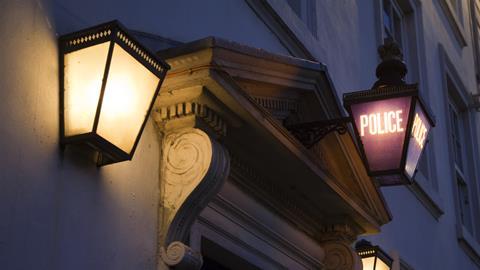Duty solicitors who have to attend the police station during the night should be paid extra and the fee for trials that ‘crack’ at the last minute should be even higher than proposed, the Law Society has told the government.
The Ministry of Justice has been consulting on a 12% pay rise for solicitors working in the police stations, courts and prisons.
The department proposes to ‘harmonise’ the police station fee scheme, uplift fees for work in the magistrates' and youth courts by 10%, raise the fee for 'cracked' trials to 75% of the trial fee and uplift fees for prison work by 24%.
Responding to the consultation, Chancery Lane said the government’s proposals were a ‘welcome first step after so many years of neglect and underfunding’ but not enough to keep firms above water.
‘While the funding will undoubtedly have some beneficial impact, feedback from our members indicates that this money could make a more meaningful impact if it was spent in a different way in some areas,’ the Society said.
Read more
After being told by police officers of difficulties getting a duty solicitor to attend at night, the Society recommends enhanced payments for solicitors working 'unsocial hours'.
‘When a solicitor attends a police station in normal office hours, the cost will usually be covered by the solicitor’s salary. When a solicitor is required to attend outside normal office hours, the business will usually have to make an additional payment to cover those extra hours. Yet they are unable to claim this higher rate back from the Legal Aid Agency,’ the Society said.
The government was told that the extra bit of cash that firms pay to their fee-earners to attend the police station during unsocial hours is not enough to cover childcare costs. The fixed fee does not cover the cost of additional adjustments that may be required by solicitors with disabilities.
Chancery Lane also wants the fee for cracked trials to be 95% of the trial fee. ‘A firm might estimate - for example - £75,000 on a big case, but if it cracks the day before the trial this could drop to as low as £35,000, despite all the work in preparation for the trial having been undertaken.'
Other recommendations include enhanced payments for more experienced solicitors to deal with the difficult and challenging cases.
This article is now closed for comment.




























17 Readers' comments